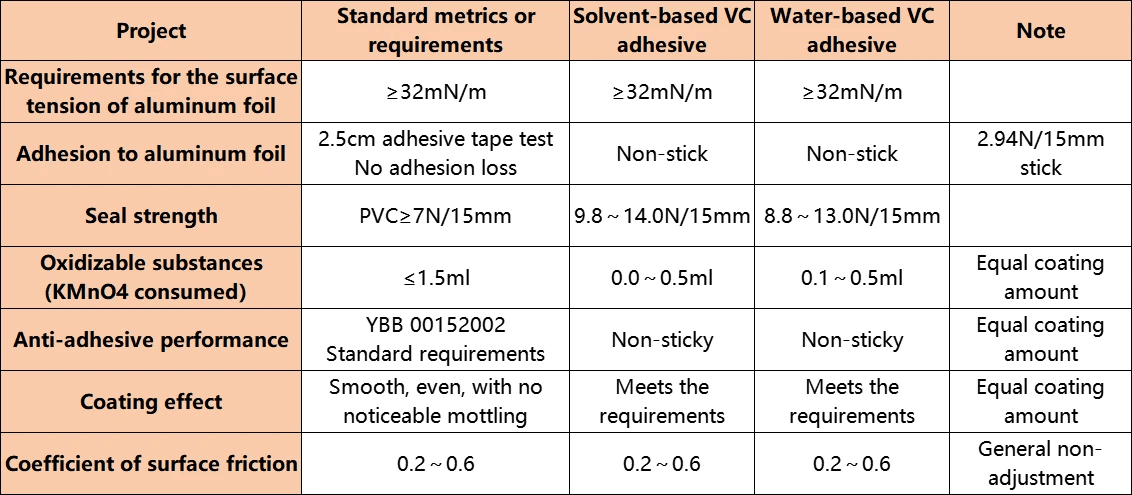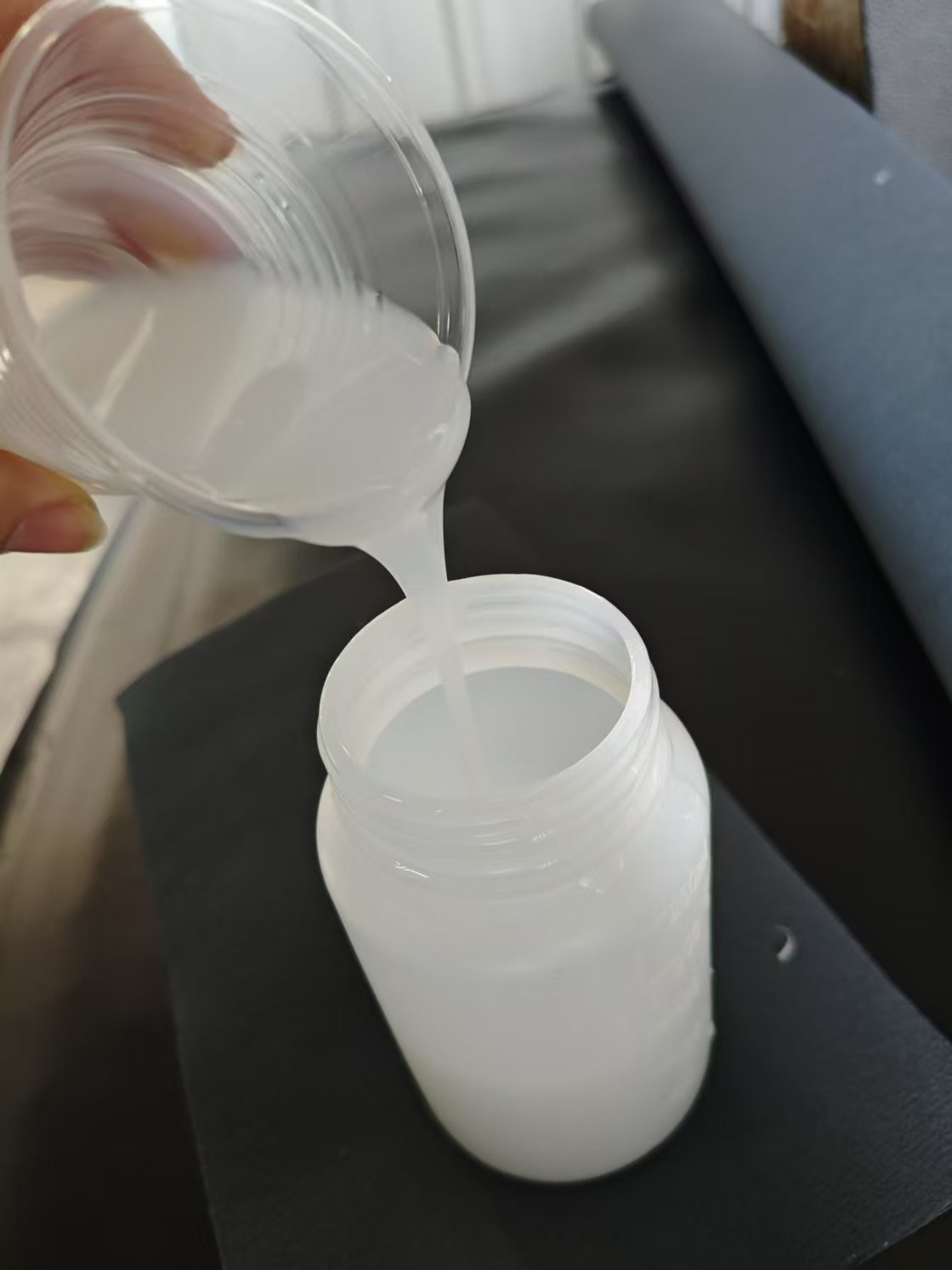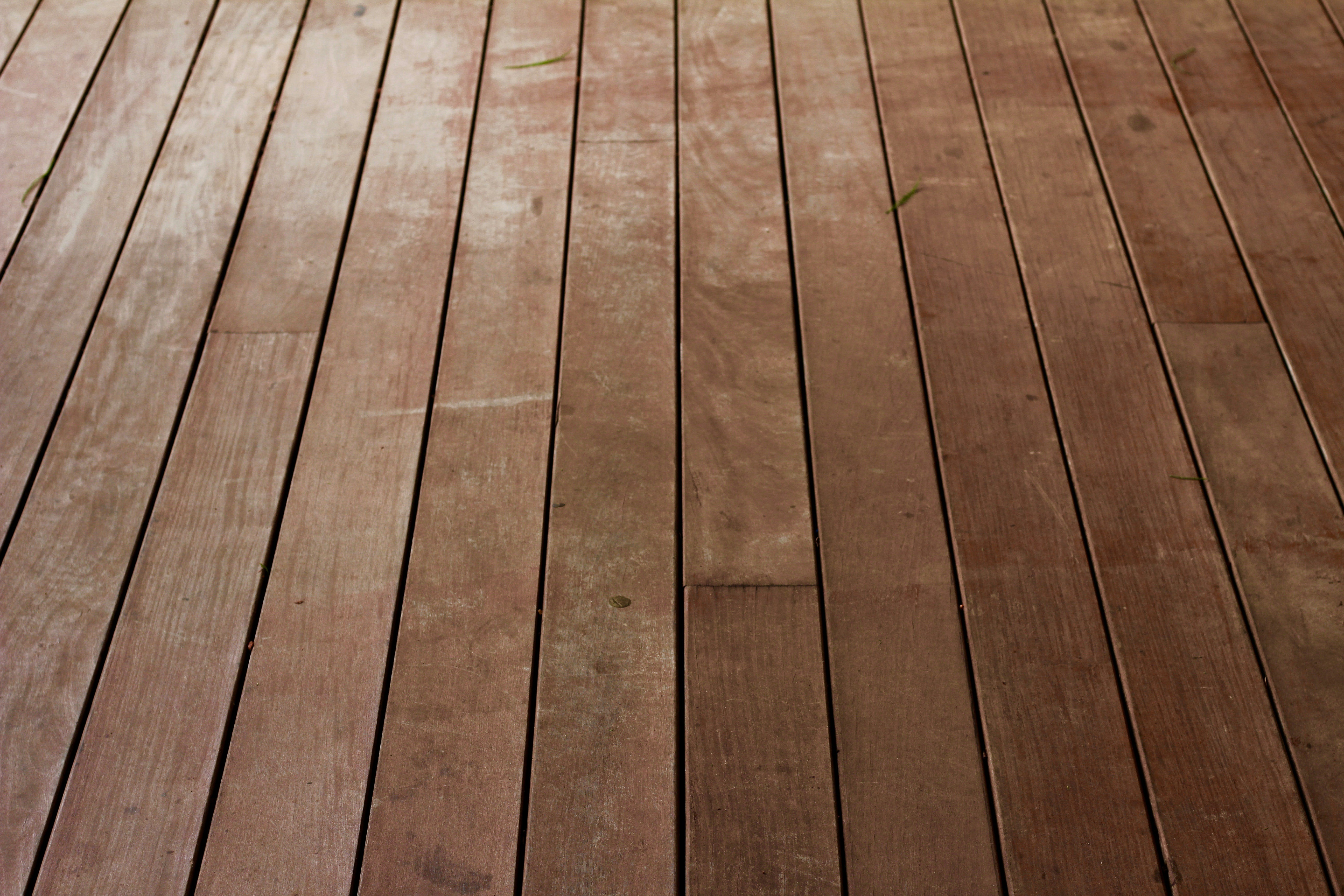Introduction

Why Choose Vinyl Adhesive for Your Flooring
Choosing vinyl adhesive for your flooring projects can significantly impact the overall outcome in terms of aesthetics and performance. This type of floor adhesive vinyl is specifically designed to work seamlessly with different kinds of vinyl flooring, ensuring a secure fit that withstands daily wear and tear. Moreover, opting for glue down vinyl plank flooring allows you to achieve a more polished look while providing excellent stability.
Benefits of Using Vinyl Adhesive
The benefits of using vinyl adhesive extend far beyond just ease of application; they include enhanced moisture resistance, flexibility, and sound dampening properties. With vinyl flooring with adhesive, you can rest assured that your floors will remain intact even in high-traffic areas or damp environments. Plus, the quick drying time associated with many vinyl adhesives means you'll be enjoying your new floors sooner rather than later.
Versatility Beyond Floors
Vinyl adhesives are not limited to just laying vinyl flooring; their versatility opens doors to numerous creative applications across various surfaces and materials. From wall coverings to crafts, these adhesives can be used effectively in diverse projects that require strong bonds without compromising on appearance or functionality. So whether you're working on a DIY home improvement project or professional installations, understanding how to utilize these adhesives will elevate your results.
Understanding Vinyl Floor Adhesive

What is Vinyl Floor Adhesive
Vinyl floor adhesive is a specially formulated glue used to bond vinyl flooring to subfloors. It provides a robust connection that allows for flexibility and durability in high-traffic areas. This type of adhesive is crucial when laying vinyl flooring because it ensures that your beautiful new floors stay put, no matter how much foot traffic they endure.
Types of Vinyl Floor Adhesives
There are several types of vinyl floor adhesives available on the market today, each serving different needs and preferences. The two main categories are pressure-sensitive adhesives and wet-set adhesives; both have their unique advantages depending on your installation method and environment. For instance, if you're opting for glue down vinyl plank flooring, a wet-set adhesive might be ideal as it offers a stronger initial bond compared to pressure-sensitive options.
Key Features of Vinyl Floor Adhesive
Vinyl floor adhesives come with several key features that enhance their performance in various conditions. Many modern formulations are water-resistant, making them suitable for areas prone to moisture like kitchens or bathrooms—perfect for those who love their vinyl flooring with adhesive! Additionally, some products offer low VOC (volatile organic compounds) levels, making them environmentally friendly while still providing excellent adhesion; this is particularly beneficial in maintaining indoor air quality while you enjoy your stunning new floors.
The Art of Laying Vinyl Flooring

Laying vinyl flooring is more than just a DIY project; it’s an art that combines preparation, technique, and a little bit of finesse. Whether you’re using vinyl floor adhesive for a glue-down installation or exploring other methods, understanding the process will ensure your flooring looks fantastic and lasts for years to come. Let’s dive into the essentials of preparing your space, mastering glue down vinyl plank flooring techniques, and avoiding common pitfalls.
Preparing the Surface for Vinyl Flooring
Before you even think about rolling out your vinyl and applying that trusty floor adhesive vinyl, you need to ensure your surface is primed for success. Start by cleaning the area thoroughly—sweep away dust and debris, and mop any stubborn stains. An uneven or dirty surface can lead to issues with adhesion later on, so take the time to fill cracks or holes with appropriate filler.
Next up is checking for moisture levels; excess moisture can wreak havoc on your vinyl flooring with adhesive. Use a moisture meter if you have one handy, or simply tape down a plastic sheet for 24 hours—if condensation forms underneath, it’s time to address that issue before proceeding. Lastly, make sure the temperature in the room is suitable; ideally between 65°F and 85°F (18°C - 29°C) ensures optimal conditions for laying vinyl flooring.
Techniques for Glue Down Vinyl Plank Flooring
First things first: apply your chosen vinyl floor adhesive evenly using a notched trowel—this ensures proper coverage without excessive buildup that could cause bubbles later on. Once applied, allow the adhesive to set according to manufacturer instructions before laying down your planks.
Start laying from one corner of the room and work towards an exit point; this makes handling those long planks much easier! Press each plank firmly into place while ensuring they fit snugly against one another without gaps—this not only looks better but also helps prevent moisture from sneaking in where it shouldn’t be. Remember: patience is key when laying vinyl flooring; don’t rush through this step!
Common Mistakes When Laying Vinyl Flooring
Even seasoned pros can trip over some common mistakes when dealing with vinyl and flooring projects! One frequent blunder occurs during preparation—skipping surface cleaning or failing to check moisture levels can lead straight to disaster once those planks are laid down with floor adhesive vinyl. Always prioritize this step because prevention beats repair every time!
Another misstep involves ignoring expansion gaps around walls and fixtures; these small spaces allow your new flooring to expand naturally as temperatures fluctuate without buckling or warping over time. Lastly, don’t underestimate the power of acclimation! Allowing your planks to adjust in temperature before installation ensures they won’t shrink or expand unexpectedly after being laid.
Comparing Vinyl and Flooring Options

Different Types of Vinyl Flooring
Vinyl flooring comes in various forms, each catering to different needs and preferences. The most common types include luxury vinyl tiles (LVT), vinyl sheets, and glue down vinyl plank flooring, which is particularly popular for its ease of installation and durability. Each type has its own set of characteristics; for instance, LVT mimics natural materials like wood or stone while providing superior resistance to moisture.
Another option is rigid core vinyl flooring, which offers added stability and comfort underfoot—perfect for high-traffic areas or homes with pets. For those who prefer a DIY approach, peel-and-stick vinyl tiles provide a simple solution that requires minimal tools or experience. With such diverse options in the realm of vinyl and flooring choices, there’s likely a perfect fit for every style and budget.
Advantages of Vinyl Over Other Flooring
One major advantage of using vinyl floor adhesive with your chosen material is its remarkable durability compared to other flooring types like hardwood or laminate. Vinyl can withstand heavy foot traffic without showing signs of wear or tear, making it ideal for busy households or commercial spaces alike. Additionally, many varieties are water-resistant or even waterproof—making them suitable for kitchens, bathrooms, and basements where moisture might be an issue.
Cost-effectiveness is another compelling reason to choose vinyl over traditional options; not only are initial costs typically lower but maintenance expenses are minimal as well. Unlike hardwood floors that require refinishing over time or carpets that need regular cleaning, maintaining your floor adhesive vinyl is straightforward—just sweep or mop periodically! Furthermore, with advancements in design technology, modern vinyl flooring rivals the aesthetic appeal of pricier materials without breaking the bank.
Best Applications for Vinyl Flooring
The versatility of vinyl makes it an excellent choice for various applications across residential and commercial settings alike. In homes where comfort meets style—like living rooms or bedrooms—luxury vinyl planks can create a warm ambiance while being easy on the feet during long hours spent standing around entertaining guests. Similarly, glue down vinyl plank flooring excels in areas prone to moisture such as kitchens and bathrooms due to its water-resistant properties when paired with quality adhesives.
Commercial spaces also benefit from using durable yet stylish floor adhesive solutions; retail stores often opt for vibrant designs that attract customers while ensuring longevity under heavy foot traffic conditions. Additionally, healthcare facilities appreciate how easy it is to sanitize surfaces made from resilient materials like this one! Ultimately choosing appropriate applications will enhance both functionality and aesthetics throughout any space you’re looking at laying vinyl flooring.
Chemix's Water-Based Resin Solution

When it comes to choosing the right vinyl floor adhesive, Chemix's water-based resin solution stands out as a top contender. This innovative adhesive is designed specifically for use in vinyl and flooring applications, providing a strong bond while maintaining flexibility. With its unique formulation, it caters to various flooring vinyl flooring needs, making it an ideal choice for both professionals and DIY enthusiasts alike.
Overview of Chemix's Water-Based Resin
Chemix's water-based resin is a cutting-edge solution that offers remarkable performance for glue down vinyl plank flooring installations. Unlike traditional solvent-based adhesives, this product dries clear and provides excellent adhesion without the harsh odors often associated with other adhesives. Whether you're laying vinyl flooring in a residential space or a commercial environment, this versatile floor adhesive vinyl ensures durability and longevity.
Environmental Benefits of Water-Based Adhesives
One of the major perks of using water-based adhesives like Chemix's is their environmental friendliness. These adhesives contain fewer volatile organic compounds (VOCs), making them safer for indoor air quality compared to traditional options. By opting for a water-based solution for your vinyl flooring with adhesive, you not only enhance your living space but also contribute positively to the environment.
Application in Vinyl and Flooring Projects
Applying Chemix’s water-based resin in your vinyl and flooring projects is straightforward and efficient. Whether you’re tackling large-scale installations or smaller DIY tasks, this adhesive works seamlessly with various types of vinyl flooring materials. Its quick-drying properties allow you to move on to laying vinyl flooring without long wait times, ensuring your project stays on schedule while achieving professional results.
Troubleshooting Common Vinyl Flooring Issues

Even the best-laid plans can go awry, especially when it comes to laying vinyl flooring. Whether you're dealing with adhesive bubbles or a damaged surface, knowing how to troubleshoot common vinyl flooring issues can save you time and money. Let's dive into some of the most frequent problems and their solutions, ensuring your vinyl flooring remains in tip-top shape.
Dealing with Adhesive Bubbles
Adhesive bubbles are a common nuisance when using vinyl floor adhesive, often caused by air trapped during installation or improper adhesive application. To tackle this issue, gently press down on the bubble with a roller or your hand to release the trapped air. If that doesn't work, you might need to cut a small slit in the bubble and apply more floor adhesive vinyl underneath before pressing it flat again—voilà! Your flooring vinyl flooring should look as good as new.
Repairing Damaged Vinyl Flooring
Accidents happen—whether it's a scratch from furniture or a tear from sharp objects; repairing damaged vinyl flooring is crucial for maintaining its aesthetic appeal. Start by cleaning the area thoroughly and assessing the damage; if it's a small scratch, using a color-matched repair kit can do wonders. For larger tears or rips in glue down vinyl plank flooring, you may need to replace individual planks or sections entirely—just remember to use high-quality vinyl floor adhesive for seamless results.
Preventing Future Vinyl Flooring Problems
The best way to deal with issues is to prevent them from happening in the first place! When laying vinyl flooring, ensure proper surface preparation and choose high-quality adhesives that suit your specific needs—this will minimize future problems significantly. Regular maintenance also plays an essential role; keep your floors clean and avoid harsh chemicals that could degrade your floor adhesive vinyl over time.
Conclusion

In wrapping up our exploration of vinyl floor adhesive and its myriad applications, it becomes clear that this versatile option is more than just a trend; it's a cornerstone of modern flooring solutions. From enhancing the durability of your flooring to providing aesthetic appeal, vinyl and flooring enthusiasts can appreciate the value that high-quality adhesives bring to their projects. As we look ahead, sustaining quality with vinyl adhesives will remain essential for homeowners and professionals alike.
Sustaining Quality with Vinyl Adhesives
When it comes to laying vinyl flooring, the choice of adhesive can make or break the entire project. A reliable vinyl floor adhesive ensures that your flooring remains intact through wear and tear, providing peace of mind for years to come. Not only does it contribute to the longevity of your flooring vinyl flooring, but it also helps maintain its visual charm without unsightly bubbles or peeling edges.
The Future of Vinyl Flooring Solutions
The future looks bright for vinyl and flooring innovations, particularly as manufacturers develop new formulations that enhance performance while being environmentally friendly. With advancements like Chemix's water-based resin solutions gaining traction, we can expect even more sustainable options in the realm of floor adhesive vinyl. This evolution promises not only improved functionality but also a commitment to reducing our ecological footprint in home improvement projects.
Why Vinyl Adhesive is Worth Considering
In conclusion, if you're contemplating a home renovation or simply looking to refresh your space, considering glue down vinyl plank flooring is a smart move. The benefits are manifold: ease of installation, durability against moisture and stains, plus an array of design choices make this an appealing option for any homeowner. Choosing vinyl floor adhesive means investing in quality that pays off in both aesthetics and practicality—truly a win-win!
